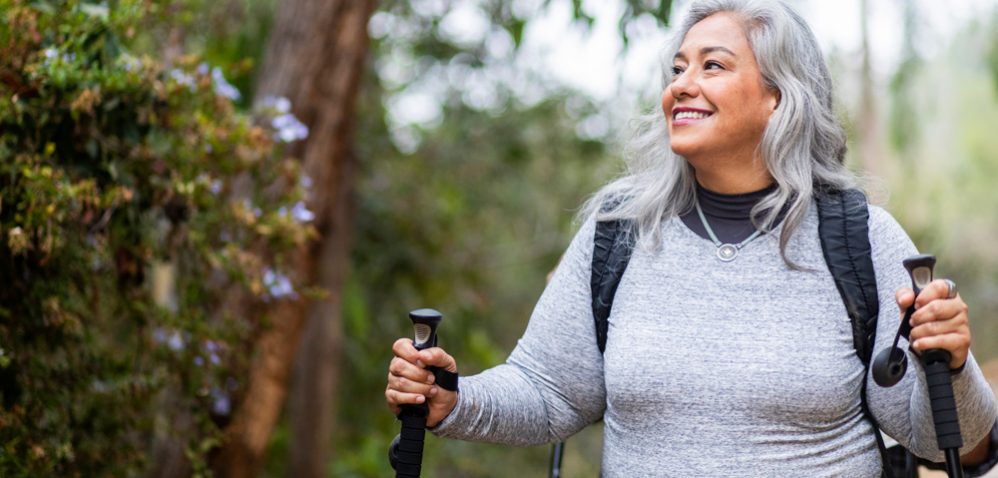The science behind wiser health spending decisions
When it comes to overall value of care, multiple drivers influence results. Improving health, experience and affordability—simultaneously—is critical in creating value for patients, members and communities. With many options for improvement available but resources limited, which initiatives will make the biggest impact? Health economics research helps find those answers.
We began developing health economic models in 1999. Using highly detailed analyses involving realistic individuals allows us to evaluate the impact of a proposed intervention or policy. Our work has grown to include a family of models known as HealthPartners Institute’s ModelHealth microsimulation models. They address conditions such as obesity, tobacco use, colorectal and cervical cancers, sexually transmitted diseases and heart disease. Our models are used in many ways to inform policy and medical decision-making.
Our health economics research program has been recognized for its:
- Cost-effectiveness modeling experience
- Analysis of evidence-based preventive care policies
- Economic analysis of clinical and community health services interventions
Investigators
Key projects
Reducing sodium levels in our food system could save lives
Approximately 895,000 heart attacks, strokes and other cardiovascular disease events could be prevented over the next decade. How? By gradually reducing sodium levels in commercially processed, packaged and prepared foods in the United States. Researchers from the Institute and the Centers for Disease Control and Prevention used a new modeling study for these results. They also found that reducing sodium in our food system would significantly lower people’s blood pressure and save $37 billion in related medical costs.
